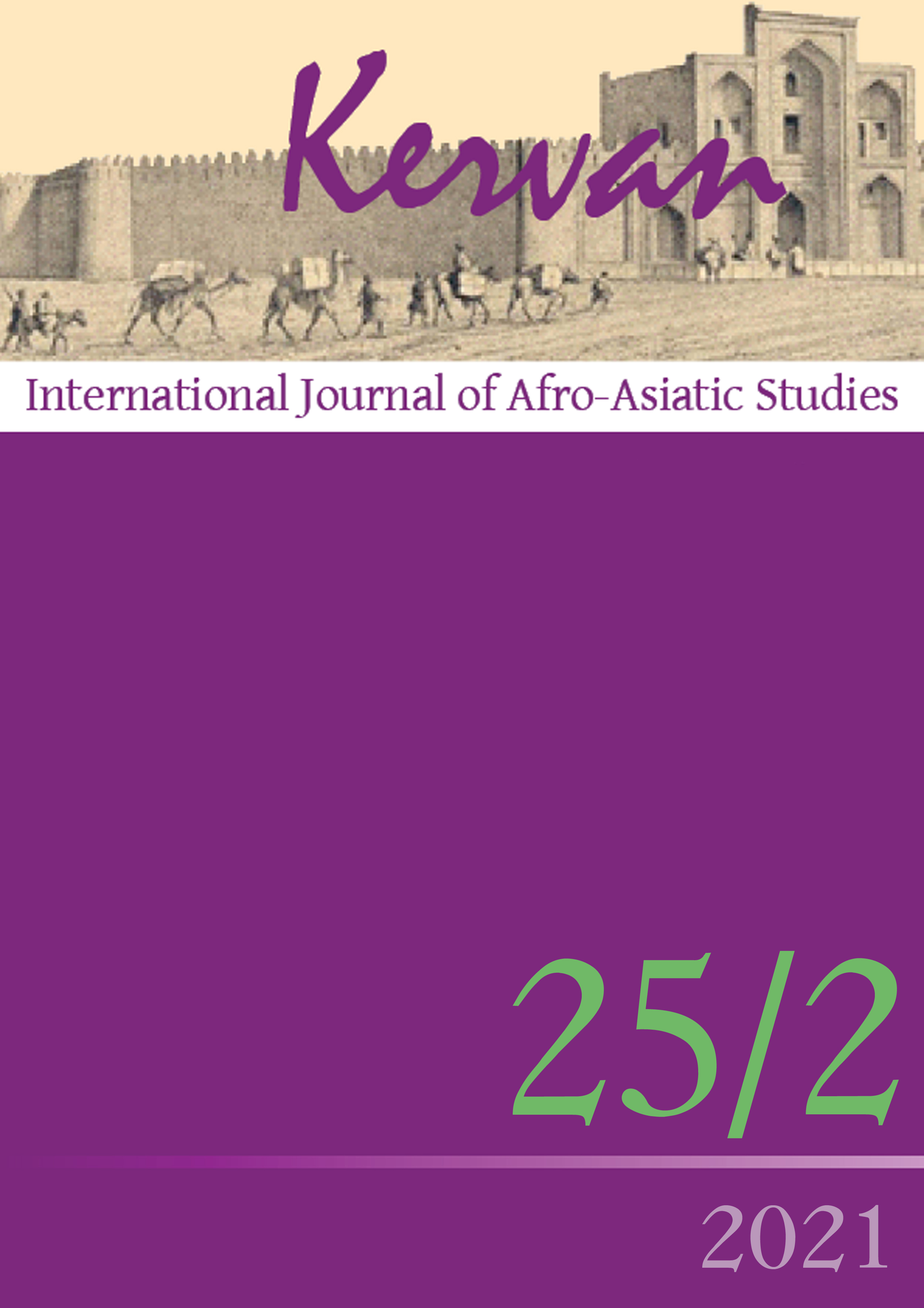Shakespeare (way down) along the Nile: How a pidgin adaptation of Cymbeline gave South Sudan its theatre
DOI:
https://doi.org/10.13135/1825-263X/6119Abstract
Aim of the paper is to analyse the gradual development of Southern Sudanese theatre, focusing on the development of Juba Arabic in the light of the contemporary translation of Shakespeare’s Cymbeline by the prominent intellectual Joseph Abuk, who is also the father of the South Sudan national anthem. The paper is divided in two parts: in the first one, the authors investigate the history of theatre in Sudan and South Sudan, considering the historical background that influenced it with a focus on the adaptations of Shakespeare’s works in Arab and African countries. The second part is dedicated to the relation between languages and ethnicity in South Sudan, thus offering a brief overview of its socio-linguistic landscape. A major attention is given to Abuk’s adaptation of Shakespeare’s Cymbeline from English into Juba Arabic (Cymbeline: li katib Shakespeare) for the South Sudan Theatre Organization (SSTO). This second part also comprises an appendix, which provides a brief linguistic analysis of some selected parts from the 2012 adaptation, as part of the recorded play Cymbeline (London, June 2012), performed by the South Sudan Theatre Organization (SSTO). The original Abuk’s play script (2012) is yet unpublished, while a full video-recording of the play is available at:
https://globeplayer.tv/videos/Cymbeline
Downloads
Downloads
Published
Issue
Section
License
Gli autori che pubblicano su Kervan accettano le seguenti condizioni:
- Gli autori mantengono i diritti sulla loro opera e cedono alla rivista il diritto di prima pubblicazione dell'opera, contemporaneamente licenziata sotto una Licenza Creative Commons - Attribuzione che permette ad altri di condividere l'opera indicando la paternità intellettuale e la prima pubblicazione su questa rivista.
- Gli autori possono aderire ad altri accordi di licenza non esclusiva per la distribuzione della versione dell'opera pubblicata (es. depositarla in un archivio istituzionale o pubblicarla in una monografia), a patto di indicare che la prima pubblicazione è avvenuta su questa rivista.


 The articles that have appeared on Kervan since 2016 are rated as Class A in the system of National Scientific Qualification (ASN, disciplines 10/N1 and 10/N3).
The articles that have appeared on Kervan since 2016 are rated as Class A in the system of National Scientific Qualification (ASN, disciplines 10/N1 and 10/N3). The journal has been approved for inclusion in DOAJ. The DOAJ listing of the journal is available at
The journal has been approved for inclusion in DOAJ. The DOAJ listing of the journal is available at  The journal has been approved for inclusion in ERIH PLUS. The ERIH PLUS listing of the journal is available at
The journal has been approved for inclusion in ERIH PLUS. The ERIH PLUS listing of the journal is available at  Kervan was just accepted for indexing in SCOPUS. This important milestone ensures that articles published in Kervan are easily found when searching for library, archives and Information science and it enables Kervan authors to keep track of how often their article has been cited by others.
Kervan was just accepted for indexing in SCOPUS. This important milestone ensures that articles published in Kervan are easily found when searching for library, archives and Information science and it enables Kervan authors to keep track of how often their article has been cited by others.
